Israel Sends 10 Athletes to Milan-Cortina Winter OlympicsCIE+
Israel is competing in bobsled, alpine and cross-country skiing, skeleton, and figure skating at the 2026 Winter Olympics in Milan and Cortina, Italy.

Israel is competing in bobsled, alpine and cross-country skiing, skeleton, and figure skating at the 2026 Winter Olympics in Milan and Cortina, Italy.

Three years after the Israeli government began the process to overhaul the judiciary, and after two years of war delayed efforts, the drive to rein in judicial independence continues.

Divided at home and condemned abroad, public opinion of Israel sinks in response to war and domestic politics.

Noah Lewin-Epstein and Yinon Cohen, “Ethnic Origin and Identity in the Jewish Population of Israel,” Journal of Ethnic and Migration Studies (June 2018). The multifaceted ethnicity in the Jewish population of Israel is addressed by…

The Brooklyn Nets drafted two Israelis, Ben Saraf and Danny Wolf, back to back in the first round of the 2025 NBA Draft on June 25.
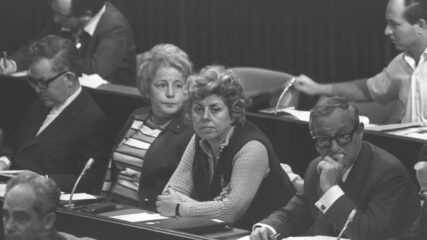
When Prime Minister Ehud Olmert resigned in 2008 amid allegations of bribery, Israel came within reach of a milestone in gender equality — one that was a credit to the Jewish state as much as…

Dr. Eli Sperling, April 15, 2025, for CIE © Center for Israel Education, 2025 Israeli music offers a powerful lens through which we can understand the country’s cultural and political evolution, serving as both a…
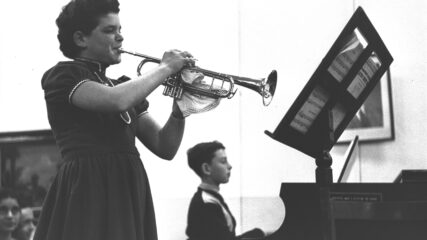
April 15, 2025 Dr. Eli Sperling © Center for Israel Education, 2025 Israeli music offers a powerful lens through which we can understand the country’s cultural and political evolution, serving as both a unifying force…
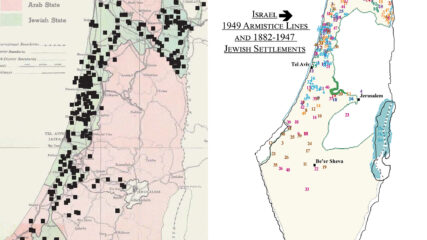
By Ken Stein and Scott Abramson, March 23, 2025 Zionist/Jewish Economic Development in Palestine Before 1948 Jewish physical growth in Mandatory Palestine in the period known as the New Yishuv was sufficient through land acquired…

By Scott Abramson and Ken Stein In his famous 2004 essay “Between Right and Right,” Israel’s most celebrated novelist, Amos Oz, reflects on Israeli society, summing up his fellow citizens with this appraisal: “What we,…

Two major discordant issues that vexed Israel before October 7, 2023, continue to cleave Israeli society: a possible exemption from mandatory military service for the Haredim and the Netanyahu government’s persistent effort to wrench from…
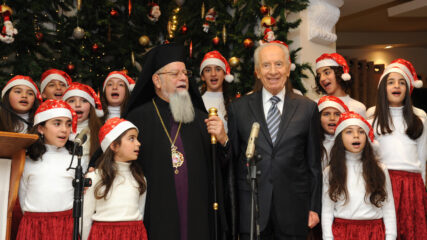
“And I will bless them that bless thee, and him that curseth thee will I curse.” — Genesis 12:3 (verse commonly invoked by Evangelicals in support of Israel) In 1917, General Edmund Allenby was given…
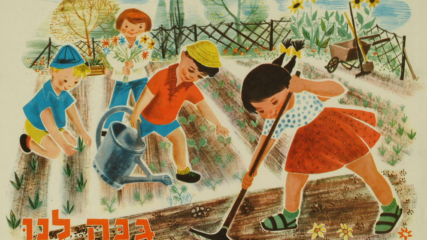
April 14, 2025 The period of the New Yishuv lasted from the last 40 years of Ottoman rule in Palestine through the British Mandate until the establishment of Israel in 1948. It saw the growth…

Michael Jacobs, July 24, 2024 Israel is sending 88 athletes to the 2024 Summer Olympics, officially opening Friday, July 26, in Paris. It’s the second-largest Israeli Olympic delegation ever, behind the 90 competitors at the…

Scott Abramson, November 2023 Throughout the history of their diaspora, the Jewish people had represented the definitive nation-in-exile and the quintessential minority, “the minority par excellence,” as philosopher Hannah Arendt described them. Jews had even…

The summer of 2023 left Israeli society more divided than ever, with the direction of the Jewish state an unknown.
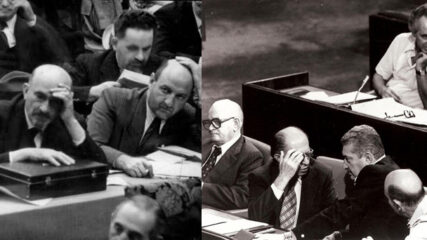
Neither Israel’s political culture nor Israel’s democracy based on Jewish self determination simply materialized on May 15, 1948. A connection exists from Jewish self-rule in the Diaspora to Zionist political autonomy during the Yishuv and to contemporary Israeli political culture. Likewise, the origins of Israeli democracy are found in the hundreds of years of Jewish Diasporas transitioning into the Zionist movement to the state; from aliyot before the Palestine Mandate to 1948 and since. Components of Israeli political culture…

Ken Stein, May 1, April 4, March 22, March 5, February 11, 2023 Four months after Benjamin Netanyahu, was sworn in as Prime Minister to lead Israel’s 37th government in late December 2022, his cabinet focused…

(with permission) Read Article The vast majority of all Israelis want Israel to be a democratic state; strong support for Israel as a Jewish state and adherence to articles in Israel’s Declaration of Independence, (Espanol) (עִברִית) (Português)…
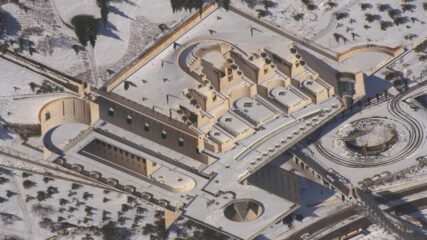
A chronology and selected commentaries on the first three months of the Netanyahu government’s effort to revamp the Israeli judiciary.

Through a national-political lens, political cooperation between Jewish and Arab citizens of Israel seems unlikely, as their national issues seem to be insurmountable and of central importance. However, the formation of a mixed Jewish-Arab municipal coalition in Lod brings the supposed centrality of national politics into question, and points to cooperation on shared local issues.

The nature of the relations between Jewish and Arab citizens in the State of Israel have undergone, and are currently undergoing, significant changes. However, one fact remains unaltered: Israel is defined as the nation state of the Jewish people alone—a democratic state, but at the same time—the state of the Jewish majority, and a state in which the Arab minority constitutes around 22% of the population.
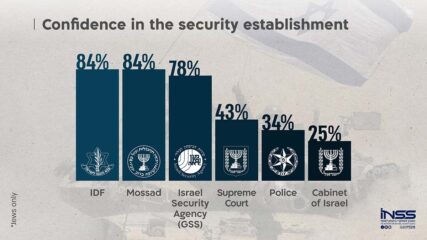
The National Security Index tracks trends in Israeli public opinion on national security issues in a systematic and consistent manner. Included are levels of confidence in public institutions, handling the pandemic, security establishment, and taking military action against the Iranian nuclear threat.
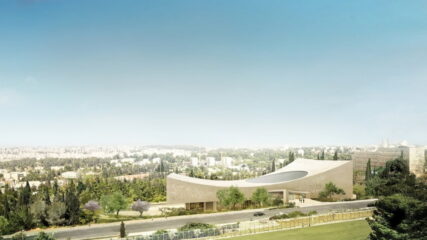
The first version of the Jewish National Library was founded in 1892 in Jerusalem, five years before the First Zionist Congress met; its location evolved to Mount Scopus in Jerusalem during the British Mandate and then after the 1948 war, the library’s books were moved to the Rehavia section of Jerusalem, and then in 1960 to Givat Ram campus of the Hebrew University. As a visiting graduate student from The University of Michigan in the summer of 1971, I walked into the mediocrely lit yet vast reading room of the Library.